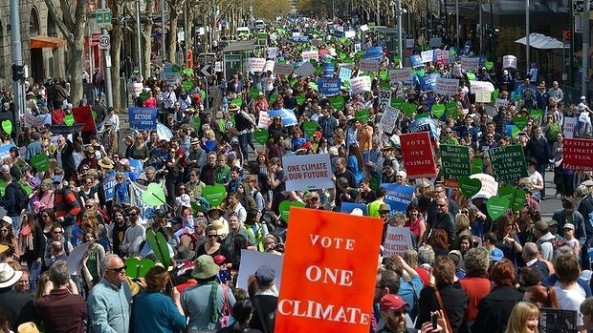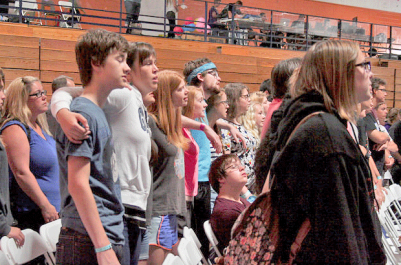Just in time for St. Francis Day – Oct 4
Almost eight centuries after he was born, Francis of Assisi (1181-1226) was named as Patron Saint of Ecology by Pope John Paul II in 1979. The message of the ragamuffin monk in his patched brown habit who talked to the animals, and embraced Lady Poverty has persisted through the centuries against all odds. Francis is respected, if not revered, across several world religions, and is even called a Celtic Saint on some lists – Italy’s first chance to be a Celtic country! What is it that’s so compelling about Il Poverello, the Little Poor One?
Well, for one thing he liked to praise the Artist, God, through the work of art, which is Creation. How cool is that! No wonder his ‘coolness’ or with-it-ness survived over eight centuries. Basically Francis felt that nature was transparent to the Divine, that nature is the first book of revelation, through which we see the beauty and goodness of the Creator. This strikes a chord with both a modern ecological desire to highlight the sacredness of nature, as well as fitting in with how many aboriginal people understand God and nature. The Creator is to be revered and all that the Creator has made is to be appreciated, respected and protected.
These links between Franciscan spirituality, ecology and Creation spirituality are not new, although they do merit our ongoing reflection. But here’s what struck me as new last year when I had the privilege of visiting Assisi. Not surprisingly such a popular saint draws in the crowds and the tourist dollars, so the gift shop at St. Francis Basilica was a busy place. Among the items for sale are simple string necklaces with T shaped crosses known as the Tau (see image at top of article). This Tau is the 19th letter of the Greek alphabet, and was used as a Christian cross by some of the early desert fathers in Christianity; and also has some Old Testament or Hebrew Bible references as the mark on the foreheads of those to be spared in Ezekial 9:4, and also it can be an image of Moses with outstretched arms, parting the Red Sea. Francis favored this form of the cross and it is recognized as the Franciscan Cross among other things.
September 2013 in Assisi, I found myself marveling at the similarity between the word Tau and the word Tao, meaning The Way in Taoism. Jesus’ early followers were also known as followers of The Way. The main original Taoist text, the Tao Te Ching (c. 6th century BC) begins with a mysterious humility and caution to look beyond what seems big in the world. Here are some early verses that remind me of the Franciscan way: “The whole world recognizes the beautiful as the beautiful, yet this is only the ugly; the whole world recognizes the good as the good, yet this is only the bad.” (v.4) and “The way [Tao] is empty, yet use will not drain it.” (v.11) and “Highest good is water. Because water excels in benefiting the myriad creatures without contending with them and settles where none would like to be, it comes close to the way.” (v.20) (1963 Penguin translation by D.C. Lau). Water is an important symbol in Taoism because it flows to the lowest places, seemingly without force – action-less action which Taoists call Wu Wei, and yet water can be extremely powerful like hydro-electric power, and destructive as well, like tsunamis. Soft, pliable Sister Water, as Francis called it (Canticle to Brother Sun), can cut through hard rock leaving behind straight crevices as if an incredibly powerful cosmic knife had come through, but no, it was just water! In places with powerful waterfalls, tourists are constantly reminded to keep a safe distance, and yet people regularly get too close and are swept away.
This is only a small sampling of the similarities I’ve found between Franciscan spirituality and Taoist philosophy. Certainly both Francis and Taoism counseled a simple life, close to nature, and as unfettered as possible by material concerns – a life of ‘live and let live’. The Tau and the Tao have much in common – the path of Francis was in many ways the epitome of Wu Wei – so much to be explored in this realm. Meanwhile we can rejoice in yet another peaceful link amongst world religions, so badly needed in our times, given the horrendously volatile and seemingly endless, overtly religious conflicts in the Middle East.
“Happy those who endure in peace” wrote Francis in his Canticle … may it be so in our times and in our children’s children’s time. For the Creator so loves the world that all God’s creatures are implored to treat each other with dignity, respect and love. May all the earth have comfort and peace; may evil fail and good prevail, Amen.
Rev. Dr. Adela D. Torchia
Parish of St David and St Paul 6310 Sycamore Street Powell River, British Columbia
This is the second of two articles connecting with the Season of Creation 2014





